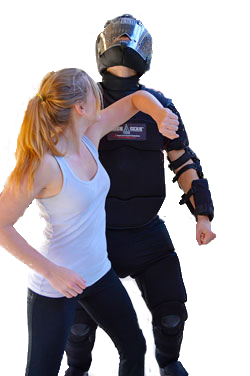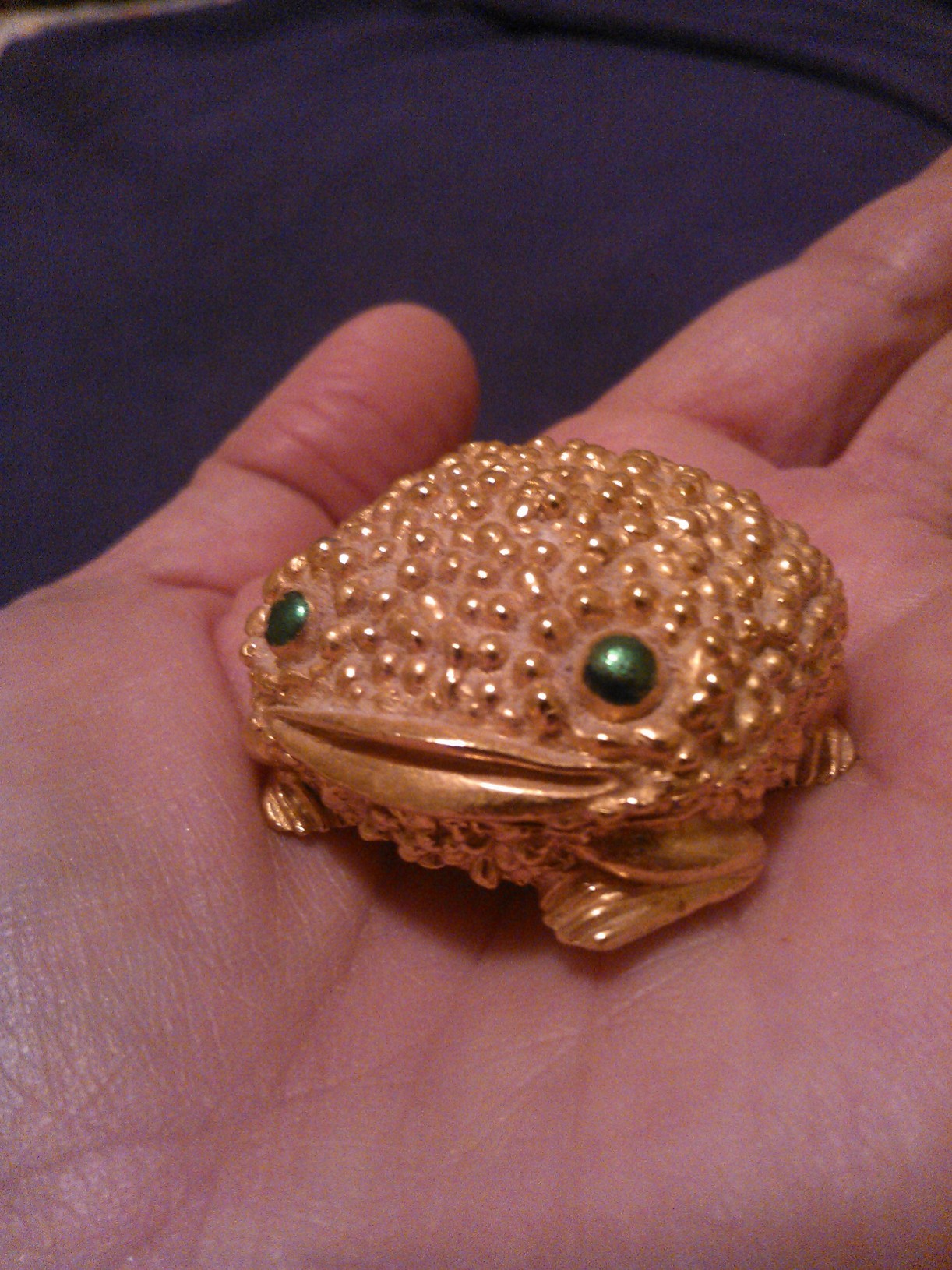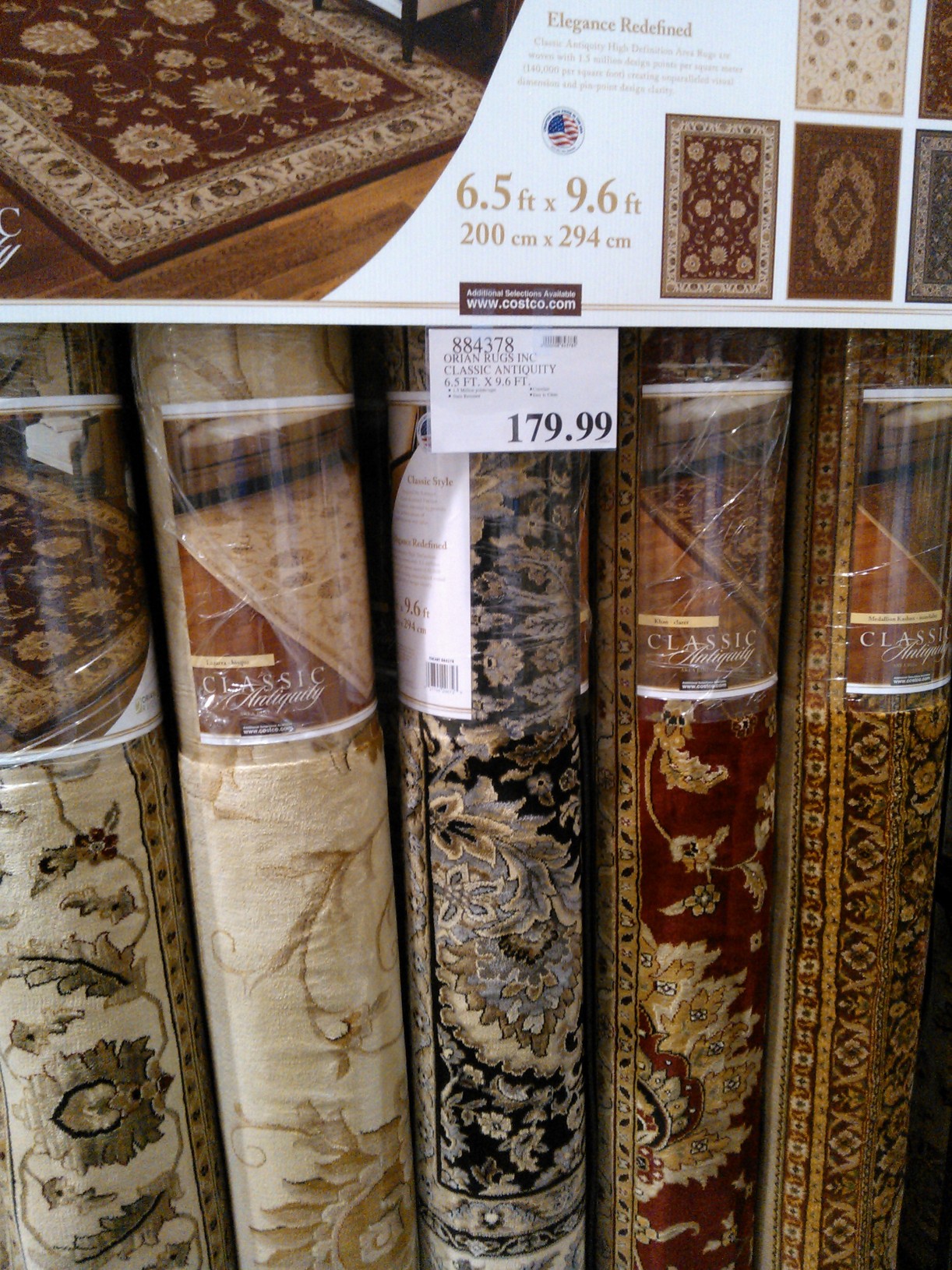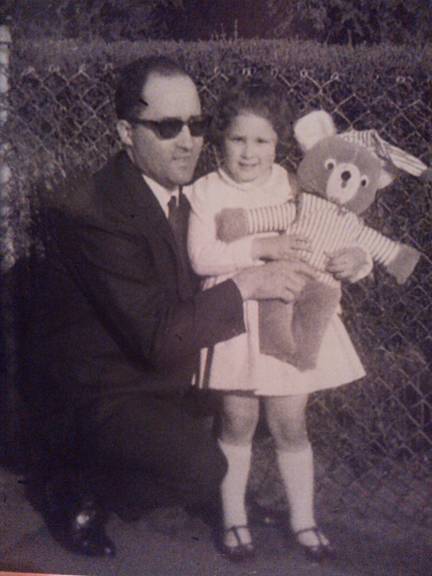Recently, my teenage daughter and I attended a women’s self-defense course. It wasn’t your typical “stomp on the foot and run away” class; I knew it would be considerably more hands-on and intense. My daughter dragged her feet, doing everything possible to delay getting in the car and going to the class with old mom. She eventually went along, not fully understanding at her young age, the necessity of planning ahead.
Once the class began, she sat completely engaged by the middle-aged police captain, who specialized in transporting the most heinous jailed criminals from state to state. He was there, he said, to tell us what the criminals have shared with him over 30 years of serving, so we could learn to protect ourselves from them. Much to my surprise, my daughter “volunteered” to be his victim for the evening. There she was, upfront where all could see, feeling a little unsure of herself. When the hands-on, self-defense demonstrations began, it was like watching a Kung Fu movie. She instinctively knew what to do, and he taught us some very fine points we had never heard of. Now, we have a plan.
Through the years, I had taught her what I knew about being aware, walking with confidence, and if she senses danger, run like heck. I would sit her down and have discussions about how we worry about her, and that she must learn ahead of time to be independent. The world can be a harsh and dark place, I said, but she didn’t want to hear it. Long story short, the police captain congratulated me for teaching her well and not sheltering her. Those who are sheltered, who have their heads in the sand and don’t reach out to gain knowledge, won’t make it in a moment of crisis. The last thing I would ever want to do is send her out there UNPREPARED.
That got me thinking. My work in the estate industry is really no different from this captain teaching people how to defend themselves. He is simply teaching them to:
- PLAN AHEAD, and
- BE PREPARED.
I do the same thing with my work, experience, knowledge, and foresight about what will happen with families if there is no plan, no will or trust, no advanced directives/living will, no guidance for the children.
If we don’t have any self-defense training, we will be left vulnerable, feeling frightened, and having absolutely no direction if a serious crisis occurs. We would surely kick ourselves if something did happen and we “could’ve, should’ve, would’ve.” By then, it’s too late!
The same is true for an estate. The family is left wide open to bad stuff and messy obstacles, because mom and dad didn’t plan ahead. It throws everything into crisis mode; pain will only bring angst, regret, pain,and anger. What a bad way to do things! Formulate “THE PLAN” for you and your spouse, help your parents get their plan together, and discuss the plan with your own children and beneficiaries.
The problems always start when you are not looking, just like a distracted woman walking along a dark parking lot late at night, texting. She becomes a target. The way to NOT become a target in the estate world is to talk, TALK, TALK until all the details are ironed out ahead of time.
People email me from all over the world, saying, “Dad refuses to discuss it” or “Mom is going to do what Dad says.”
SOLUTION: Be sure they understand that if they insist on not making decisions themselves, decisions will be made for them, and those decisions will most likely NOT be decisions they would have made for themselves, placing extraordinary burdens on their children.
NOT discussing these issues is foolhardy. Not planning ahead is almost unforgivable based on what I see each day. This is their opportunity to tell you what they want and back it up with legal documents.
Refusing to discuss THE PLAN makes their own future uncertain and unpredictable; they open themselves to all kinds of potential events that could have negative impact on them and their care.
Just like women in self-defense class … with the right plan and preparation, you will not fail when “that” time comes!
©2015 The Estate Lady®
Julie Hall, The Estate Lady®, is the foremost national expert on personal property in estates, including liquidating, advising, and appraising. http://www.TheEstateLady.com She is also the Director of American Society of Estate Liquidators®, the national educational and resource organization for estate liquidation. http://www.aselonline.com.
No part of The Estate Lady® blogs, whole or partial, may be used without Julie Hall’s written consent. Email her at Julie@TheEstateLady.com.





